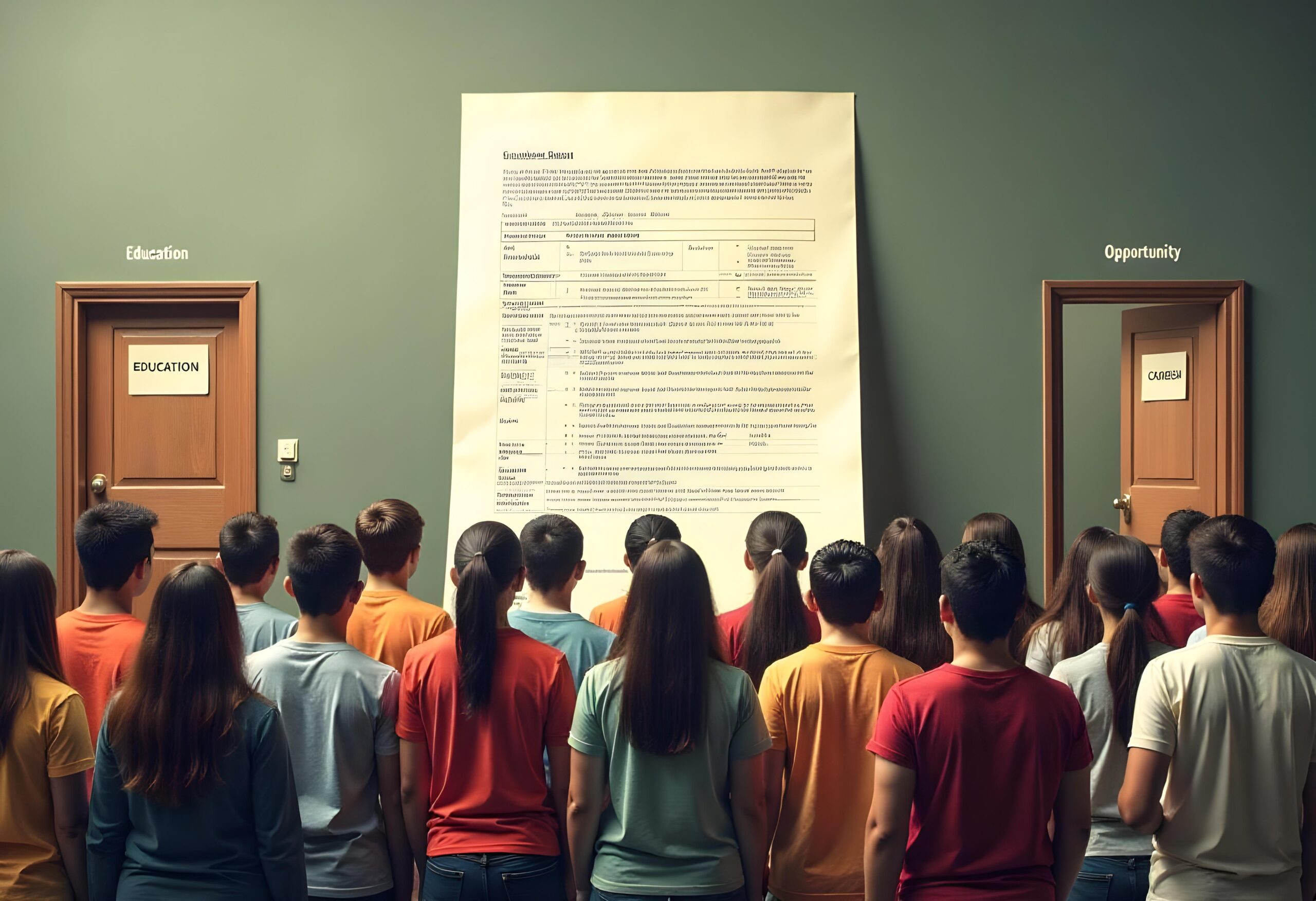In contemporary society, tests, particularly language tests, play a pivotal role in shaping the educational, professional, and social trajectories of individuals. These assessments are more than just academic exercises; they function as gatekeepers, determining access to educational institutions, scholarships, and professional opportunities. The implications of these tests extend far beyond individual outcomes, influencing broader societal structures and norms.
This exploration delves into the multifaceted roles of language tests, examining their impact on educational access, professional certification, and the enforcement of cultural and linguistic standards. It also addresses how these tests contribute to social stratification, potentially reinforcing inequalities despite their meritocratic intentions.
Furthermore, the discussion highlights the power dynamics inherent in the design and implementation of tests, scrutinizing how institutional and cultural forces shape the criteria and standards of language proficiency. Power is exercised through tests by including or excluding individuals, shaping identities, and informing policies and governance.
The dual nature of this power—benign or malevolent—is also considered. While tests may provide fair assessments and motivate individuals toward higher competence, they can also reinforce social inequalities, impose cultural hegemony, and induce significant stress and anxiety.
Ultimately, this analysis seeks to understand the complex and nuanced ways in which tests function within society, aiming to foster more equitable and inclusive assessment practices.
1. Gatekeeping and Access Control:
- Educational Access: Language tests often determine entry into educational institutions, scholarships, and further educational opportunities.
- Professional Opportunities: Many professions require language proficiency tests for certification, licensure, or employment, affecting career trajectories.
2. Standardization and Norms:
- Cultural Homogeneity: Tests can enforce a standard language or cultural norm, potentially marginalizing dialects and minority languages.
- Quality Control: Tests ensure a standardized measure of competence, maintaining professional and academic standards.
3. Social Stratification:
- Meritocracy vs. Inequality: While intended to promote meritocracy, tests can reinforce social inequalities if access to test preparation resources is unevenly distributed.
Understanding Society, Power, and Tests:
- Society: Society can be seen as a structured community of individuals bound by social, economic, cultural, and political relationships.
- Who Wields Power:
- Institutional Power: Governments, educational institutions, and corporations often design and implement tests.
- Cultural Power: Cultural and linguistic elites may influence what is valued in language proficiency.
- Exercise of Power Through Tests:
- Inclusion and Exclusion: Tests can include those who meet criteria while excluding others, shaping social mobility.
- Shaping Identities: By valuing certain linguistic and cognitive skills, tests shape individual and collective identities.
- Policy and Governance: Test results can influence educational policies, immigration laws, and the distribution of social services.
Benign or Malevolent Power?
- Benign Aspects:
- Fair Assessment: When designed and implemented fairly, tests may provide an objective measure of ability and knowledge.
- Motivational: Tests can motivate individuals to achieve higher levels of competence and knowledge.
- Malevolent Aspects:
- Reinforcing Inequality: Tests can reinforce existing social inequalities by favoring those with better access to preparation resources.
- Cultural Hegemony: Imposing a dominant language or cultural norm can marginalize minority groups and languages.
- Stress and Anxiety: High-stakes testing can contribute to significant stress and anxiety, impacting mental health.
Conclusion
The power wielded through tests in society is complex and multifaceted, with the potential for both positive and negative impacts. The intent behind the design and use of tests, the fairness of their implementation, and the broader social context all play crucial roles in determining whether the power exerted is benign or malevolent.
In summary, tests serve as powerful tools within society that can shape educational and professional landscapes, perpetuate social norms, and influence individual opportunities. Understanding the nuanced ways in which power operates through tests can help in creating fairer and more inclusive systems.
